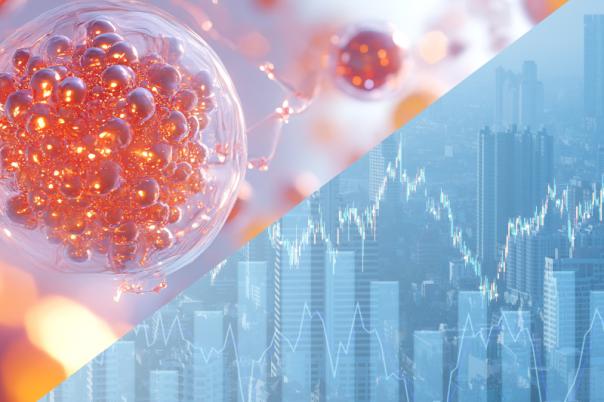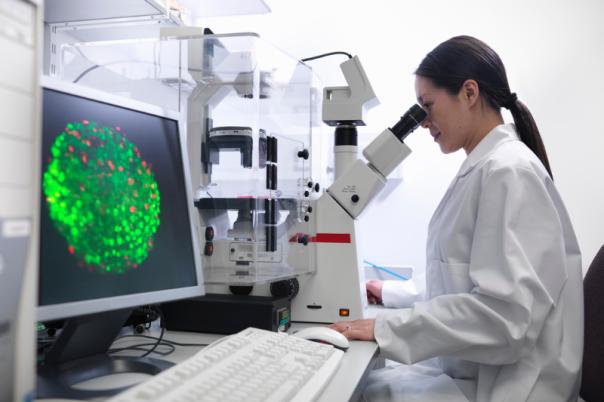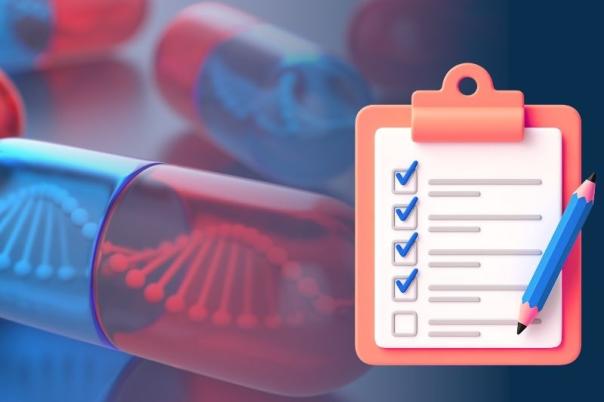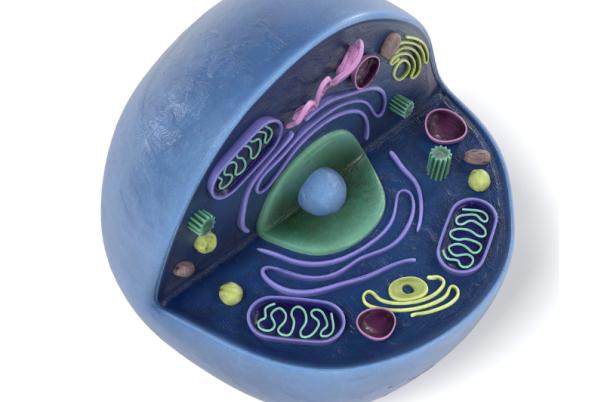Manuel Carrondo, a distinguished professor of Chemical and Biochemical Engineering, delivered an insightful presentation on advancements in cell and gene therapy, focusing on continuous integrated bioprocessing and process innovation. Carrondo, who has been involved in animal cell technology research since the mid-80s and founded IBET in 1988, highlighted the significant contributions of IBET in producing CGMP biopharmaceuticals for clinical trials.
Carrondo highlighted the transformative potential of continuous integrated bioprocessing, which can enhance the quality and productivity of cell and gene therapy processes. He provided examples of process innovation, such as the development of chromatographic membranes for virus separation and the use of perfusion for retroviruses and lentiviruses. Carrondo’s presentation also underscored the importance of extensive analytical methods for process understanding. He noted that there are 24 different ways to analyse antivirus, which highlights the complexity and cost of these processes.
Collaboration with suppliers like Sartorius, GE Healthcare, and Merck has been crucial in developing new tools and materials for bioprocessing. Carrondo mentioned that these collaborations have led to the creation of chromatographic membranes and other innovations that have improved the efficiency of bioprocessing. He also discussed the importance of reducing costs through improved processes and better understanding, which is vital for the growth of expensive biologics and cell and gene therapies.
Carrondo concluded by discussing future prospects, including further automation and integration of processes. He noted that continuous modes could potentially improve sterility and efficiency in production, making the processes more sustainable and cost-effective.






